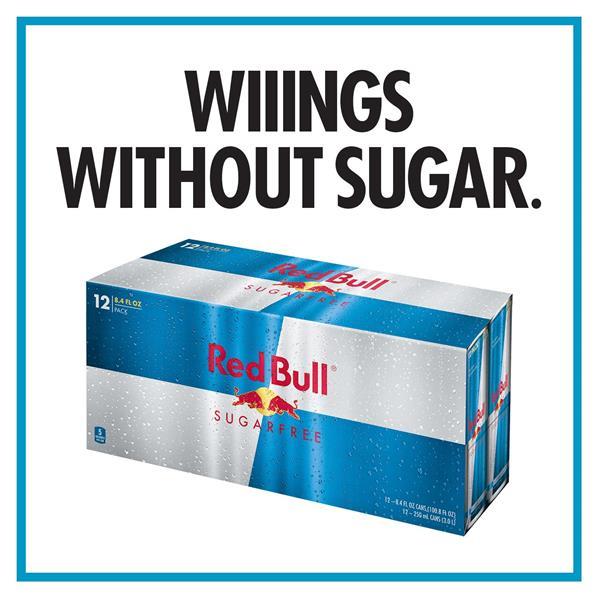


Although this account may in fact be mythological, recent evidence demonstrates tea consumption in China as far back as 2,100 years ago during the Western Han Dynasty which ruled from 207 BCE to 9 BCE. It has been consumed for thousands of years by humans with stories indicating the earliest consumption of boiled tea in China in the year 2737 BCE by the emperor Shen Nung, supposedly after tea leaves fell or blew into his boiling water. Last year, Medical News Today reported on a study from the Centers for Disease Control and Prevention (CDC), which found that 73% of children consume caffeine on a daily basis – much of which is coming from energy drinks and coffee.1. Introduction with a brief history of caffeine consumptionĬaffeine (1,3,7-trimethylxanthine) is a psychostimulant purine-like alkaloid, which is found naturally in coffee, tea, cacao beans (source for chocolate and cocoa) guarana, mate, and kola nuts, though it has been identified in more than 60 plant species. Still, energy drink consumption is rising, In the US, sales of the beverages increased by 60% between 20.Įnergy drinks are particularly popular with children and adolescents. While the information provided in this infographic is not new, it does help shed light on why so many studies have cited the health implications of energy drinks. An individual is unlikely to experience a boost from the beverages once their body gets used to them.

Farrimond explained that withdrawal symptoms can last up to 9 days and the severity depends on the amount of caffeine consumed.įor regular energy drink consumers, it takes around 7-12 days for the body to adapt to a regular intake of caffeine, according to the infographic. The infographic claims that individuals who consume energy drinks regularly may experience caffeine withdrawal in the 12-24 hours after consumption, which includes symptoms such as headache, irritability and constipation.ĭr. This is why caffeinated drinks can cause behavioral problems and anxiety issues in children.”Ĭaffeine withdrawal may occur 12-24 hours after consumption “Importantly, children and teenagers have a significantly longer half-life, meaning caffeine will remain in their bloodstream for longer and at higher levels than for adults. “Pregnancy, liver damage and other drugs can also slow the rate at which caffeine is eliminated from the body,” Dr. It takes an average of 12 hours for the body to completely remove the caffeine from the bloodstream, though this does depend on individual factors. It will take around 5-6 hours for the body to achieve a 50% reduction in the amount of caffeine in the bloodstream – known as the “half-life” – and it is likely to take double this amount of time for women on birth control pills. Energy levels will begin to feel low and tiredness will set in. Within an hour, the effects of the caffeine will begin to subside and a sugar crash may occur.

This infographic depicts what happens to the body after consuming a can of energy drink. A 2013 study reported by Medical News Today, for example, found energy drinks alter the heart function of healthy adults, while another study linked energy drink consumption to other unhealthy behaviors, such as smoking.īut what exactly do energy drinks do to the body after we consume them? Numerous studies have suggested energy drinks can have negative health implications. A 250 ml can of Red Bull, for example, contains around 27.5 g of sugar. Like soda, energy drinks are also high in sugar. For comparison, one 5-ounce cup of coffee contains around 100 mg of caffeine. Caffeine is the most common stimulant in these drinks, but some brands contain other plant-based stimulants, such as guarana and ginseng.Īccording to the Substance Abuse and Mental Health Services Administration (SAMHSA), the amount of caffeine in a can or bottle of energy drink can range from 80 mg to over 500 mg. This new infographic, however, details what an energy drink – namely, a can of Red Bull – does to the body over a 24-hour period.Įnergy drinks are marketed as beverages that boost mental and physical performance.


 0 kommentar(er)
0 kommentar(er)
